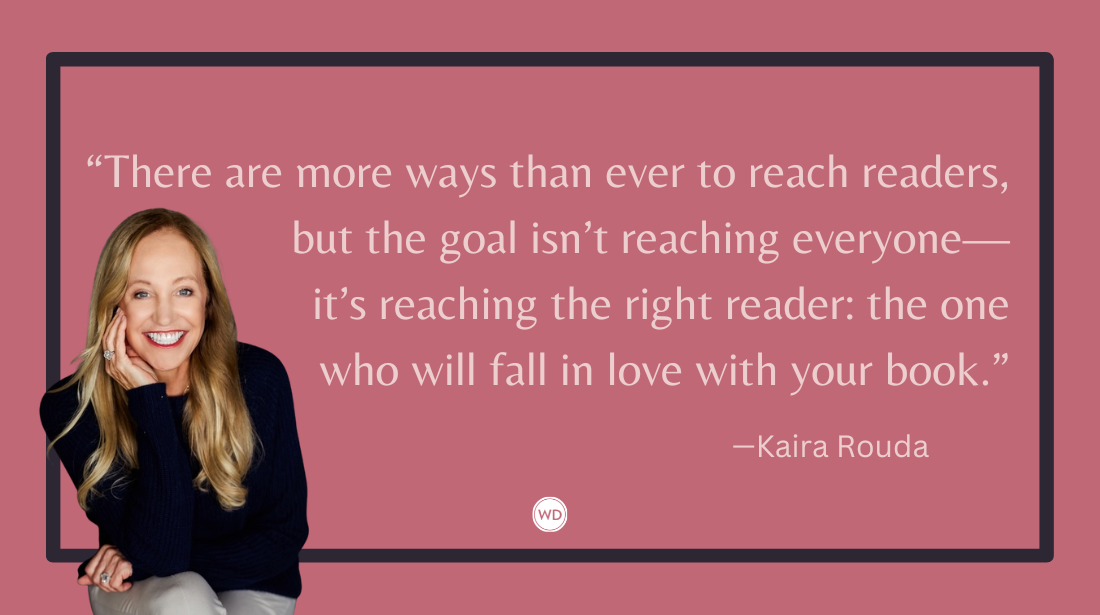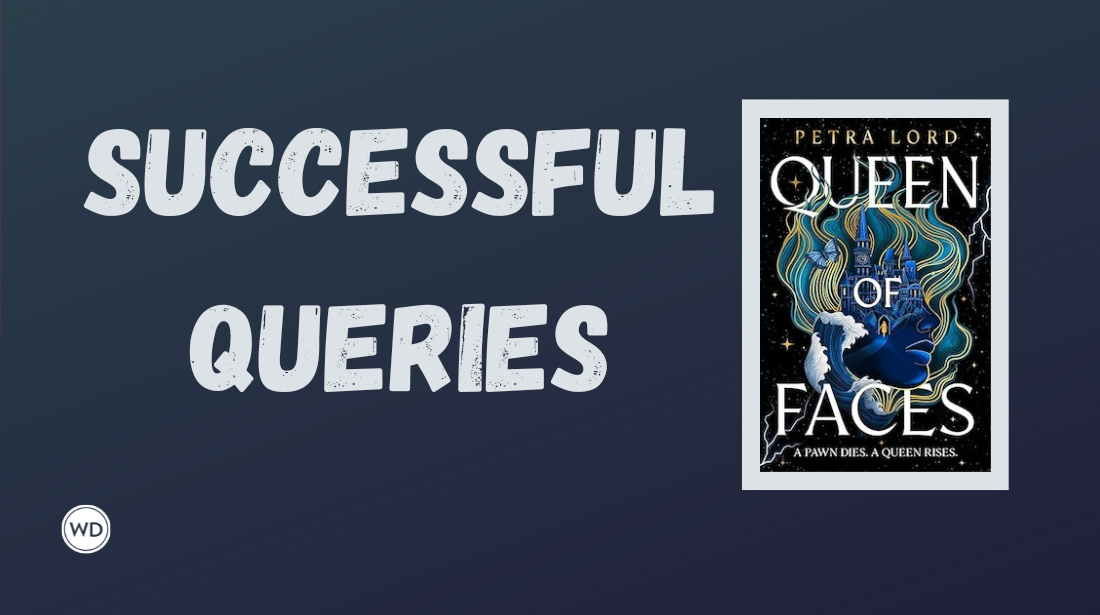4 Reasons You Need a Business Plan for Your Book
No matter how you want to publish your book, a business plan helps you produce a marketable, which equates to a successful, book. Here’s what you need to consider.
If you are like most writers, when you get an idea for a book, you want to start immediately. If you are a mapper or plotter, you may stop to outline your scenes or your content prior to sitting down to write. If you are “pantser,” someone who likes to just write “by the seat of your pants,” you probably just hurry to your computer and start typing.
In either case, it’s highly likely that you don’t do any business planning. Yet, almost every book project benefits from the creation of a pre-writing business plan. No matter how you want to publish your book, a business plan helps you produce a marketable, which equates to a successful, book.
Creativity vs. Marketability
Putting together a business plan for your book necessitates evaluating your idea from a business as well as a creative standpoint. Since publishing is the business of selling books, your business plan helps you determine if your idea is saleable. That means you must consider if you have created a marketable book concept.
Don’t think of this stress on business as creativity vs. marketability. Both represent necessary pieces for a successful book. You don’t have to throw creativity out the door to create a marketable product. As a writer, creativity remains the cornerstone of your work, but you want to make sure that creative idea you’ve developed also sells. That’s where business planning comes in.
This guest post is by Nina Amir. Amir is an eight-time Amazon bestselling author of such books as How to Blog a Book and The Author Training Manual. A speaker and blogger, she is known as the Inspiration to Creation Coach because she helps creative people combine their passion and purpose so they move from idea to inspired action and positively and meaningfully impact the world as writers, bloggers, authorpreneurs, and blogpreneurs. She provides author, book, blog-to-book, and high-performance coaching services to her clients, some of whom have sold 300,000+ copies of their books, landed deals with major publishing houses and created thriving businesses around their books. She is the founder of National Nonfiction Writing Month, National Book Blogging Month, and the Nonfiction Writers’ University. As a hybrid author she has published 16 books and had as many as four books on the Amazon Top 100 list at the same time. To find out more about Nina and get a free goal-achievement e-book, visit www.ninaamir.com.
Why a Business Plan Creates a Successful Book
If you aren’t convinced you need a business plan for your book, here are five reasons why this document contributes to the overall success of your project:
- A business plan helps you focus your book on your reader and target market. To create a business plan for your book you must identify your ideal reader. This also involves identifying a target market. Once you have this information, you can determine what content best serves the people in your market. A book that offers benefit to many people in a specific market has a higher likelihood of selling. That benefit can come in the form of solutions, answers, relatable stories, escape, or inspiration. You decide what value to add to people’s lives through your book based upon knowing the needs and desires of your ideal reader and target market.
- A business plan helps you write a unique and necessary book. A business plan for a book includes a competitive analysis, which compares your book idea to existing successful books currently on the market. This helps you decide how to make your book better and different from current titles.
- A business plan helps you hone your idea. When you have taken the time to look at the market and competition for your book, you can work with your initial idea to make it more marketable. You can mold it into an idea that bests serve your ideal reader and rises above the competition—and write creative content to match that idea. In other words, you can combine your competitive and market analysis to help you make content decisions, which increases your book’s chances of becoming a popular category option.
- A business plan helps you plan for success. Today, books succeed because authors help them do so. A business plan includes a post-publication promotion plan as well as a description of your author’s platform, which equates to your pre-release promotional efforts. Both pre- and post-publication promotion determine how many copies of your book you might sell. To plan for success, take the time to create a promotion plan for author platform building starting 1-3 years before you book is released and for the release of your book including 1-3 years after it hits the bookstores.
Writing by the seat of your pants has its place, and often turns out inspired works. In today’s ever-more competitive publishing industry, however, marketability remains the watchword. If you take the time to do initial planning, you increase the likelihood of producing not only a creative but a saleable book as well.
Thanks for visiting The Writer's Dig blog. For more great writing advice, click here.
Brian A. Klems is the editor of this blog, online editor of Writer's Digest and author of the popular gift bookOh Boy, You're Having a Girl: A Dad's Survival Guide to Raising Daughters.
Follow Brian on Twitter: @BrianKlems
Sign up for Brian's free Writer's Digest eNewsletter: WD Newsletter









